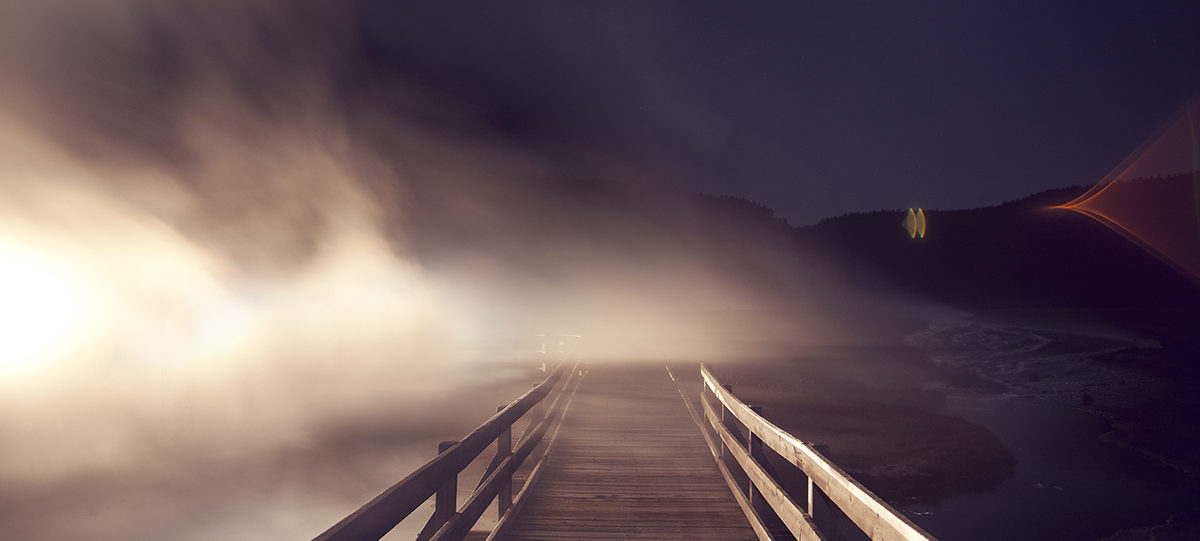It has been about three weeks since Peter’s last chemo treatment, and two weeks since he got to come home, but still he is feeling the effects.
Last summer he insisted on swimming all the way across a lake in Albania and not getting out 30 feet before the end like I did because it looked like a better place to climb out. And when we were exploring cave churches in a valley in Cappadocia he alone of our kids wanted to go “to the top.” He bent over and marched up the dry landscape to the uppermost level of caves. He has always had a drive to explore and the energy to match it. But this week when he agreed to go for a walk he made it half a block and had to sit down on the curb with his feet in the gutter. “I’m just too tired.” He and I guessed that his hemoglobin was low. It has happened before, but we haven’t seen his energy level lacking so much.
Yesterday he came out of his dietary slump and consumed an extraordinary amount of calories. He even drank a mango smoothie with added protein. “If you drink this I would do a backflip – if I could do one without breaking my neck,” I told him. He thought of something even better. “Can I play Flight until I finish if I drink the smoothie?” he asked. “You can play for 45 minutes.” I told him. He surprised me by finishing the drink, which contained 32 grams of protein from whey and soy, more than he has consumed in a long time. Fist pump.
Then he said tortilla chips and salsa sounded good. But not the Costco salsa, which we have, but one that’s “more watery.” I had just gone to the store and did not buy tortilla chips. I’m happy to try to meet his unpredictable tastes. So I made some homemade tortilla chips. Three corn tortillas sliced into triangles (130 calories each, I noted). Fried in a liberal amount of avocado oil from the big Costco bottle (143 calories per tablespoon). Sprinkled with salt (no calories, but necessary for flavor). He ate all of them. “Do you know you just ate 500 calories?” Wide eyes: “Really?” He asked for more and ate another 500 calories of tortilla chips. Altogether he consumed around 2000 calories yesterday. Double fist pump.
But then he started complaining that one of his ears was ringing. Weird. It was really bugging him. A side effect of one of the chemo treatments? Rebecca called the nurse, who said it was possible. That went away, then the other ear bothered him for a while. Later he had a sharp pain in his shoulder. At night he woke up and wasn’t able to get back to sleep. He couldn’t explain what was wrong; he just felt bad. This morning he had to get up early to get blood drawn for labs. He said his feet hurt. He went and returned without his misery abating, although the pain in his feet did.
It’s rough, this chemo. It’s a healing poison. It kills cancer; that’s the only justification for putting a person through such an ordeal. With all that he has gone through over the past month I feel concerned about what the next round will bring. And all we have been doing is waiting to start another round.
Well, that’s not really true. While we have waited we have been active. For his birthday I took Isaac and some friends to play paintball, ultimate Frisbee, and out to pizza. Peter played with friends that day, then joined us for pizza – well, not for pizza but at the restaurant. He wasn’t going to come, but after throwing up he felt so much better he wanted to come. On Sunday I preached at Gateway Church, updating the people on the churches they sent me to plant, share about our situation, and preach the good news of Jesus. Rebecca and the kids came to one of the services. Then Rebecca’s family came for a visit at our house. Then we had dinner at the house of some friends. Peter went along to ultimate Frisbee and sat on the sidelines with me on Tuesday.
This afternoon we got a call about Peter’s blood counts form the morning’s labs. Neutrophils and platelets are good to start chemo, but his hemoglobin is low. The nurse said that was surely what was causing his malaise. She suggested we bring him in for a transfusion tonight and they will begin chemo tomorrow. We packed up in a hurry. The drive over to San Francisco was 140 minutes of misery for Peter. I prayed as we drove, suspecting that once we got to the hospital he would feel much better. As soon as he was out of the car and in a bed he was calm. I wish he didn’t have to go through any of this. But if he learns to endure this he will become tough and strong. We all are growing in perseverance, but he will most of all. I hope that this experience today is a microcosm of the whole: misery will lead eventually to relief. We know that in the long run this will indeed happen, as the sorrows of this world are swallowed up in the joys of the next world.





















